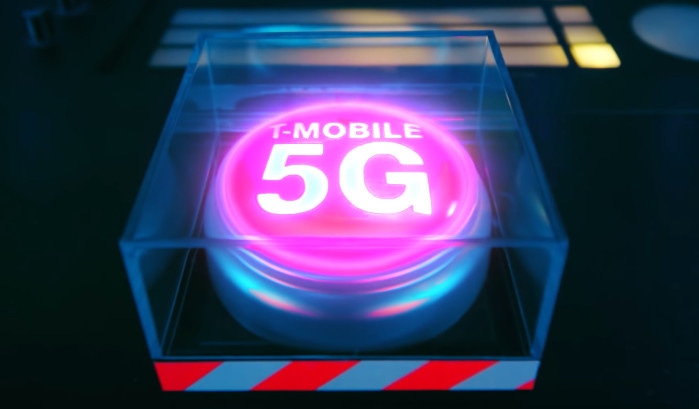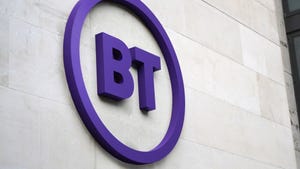T-Mobile US has come out on top in the latest study into 5G mobile experience in the US but this could be more of a marathon than a sprint...no pun intended.
October 15, 2021

T-Mobile US has come out on top in the latest study into 5G mobile experience in the US but this could be more of a marathon than a sprint…no pun intended.
Never one to hide its light under a bushel, T-Mobile US on Thursday published a glowing report of its own success in the latest Opensignal 5G experience study for the US market.
“[The report] says T-Mobile customers get the fastest average 5G speeds – both download and upload – and can connect to 5G more often and in more places than anyone else,” the mobile operator declared. “And the report shows T-Mobile’s average 5G download speed is now more than twice as fast as Verizon and AT&T’s.”
Nice bit of self-publicity there…but it’s all true.
T-Mobile users’ average download speed came in at 118.7 Mbps in the Opensignal testing that was carried out between mid-June and mid-September, breaking through the 100 Mbps barrier for the first time. By comparison, Verizon recorded an average speed of 56 Mbps and AT&T 51.5 Mbps.
T-Mobile also came in ahead of its major rivals in terms of availability and reach. T-Mobile users spent 34.7% of their time with an active connection, compared with 16.4% for customers using AT&T, and 9.7% on Verizon. And in terms of reach, which measures the proportion of locations a 5G user visits that have a 5G signal, T-Mobile scored 7.2 out of 10; AT&T clocked up 4.9 points and Verizon just 3.4.
However, while T-Mobile is understandably upbeat about its performance, it is worth pointing out that its rivals are champing at the bit to catch-up. They just need the spectrum.
“The largest and most notable improvement that we have observed in this 5G report compared to the previous one was driven by the expansion of mid-band 5G,” Opensignal noted. T-Mobile’s surge in average download speed – that 118.7 Mbps figure was an increase of 35.6% on the July report that covered mid-March to mid-June – was driven by the expansion of its 5G service at 2.5 GHz.
“T-Mobile’s progress in the deployment of mid-band 5G clearly displayed in our recent 5G reports, and allowed T-Mobile to build an impressive lead in 5G Download Speed. But AT&T and Verizon are about to receive the first tranche of C-band spectrum (3.7–3.98 GHz) — which will be released in December 2021, and have made plans already to deploy their own mid-band 5G and follow the path T-Mobile pioneered with the deployment of its 2.5 GHz spectrum,” Opensignal points out.
That’s the 2.5 GHz spectrum that T-Mobile inherited as part of last year’s Sprint acquisition, of course. But that still wasn’t a pun in the opening para, honest.
AT&T and Verizon will get 40 MHz and 60 MHz of C-band spectrum respectively in December, and two years after that the second tranche of those frequencies will be released.
In the meantime, there’s also the ongoing auction 110 to consider, in which all three big US mobile operators are bidding for a share of 100 MHz of 3.45 GHz mid-band airwaves. Or at least we think they are; all three qualified to take part, at least.
The bidding in the auction surpassed the $3 billion mark on Wednesday, coming in at $3.07 billion after round 19. Thursday’s bidding rounds were still taking place at the time of writing.
BitPath COO Sasha Javid believes that while AT&T is keen to pick up frequencies in auction 110 to bulk-up its mid-band assets, Verizon and T-Mobile’s participation will be more muted. He questions whether Verizon will really bid at all, and indeed, earlier this week pointed out that the pattern of bidding suggested the withdrawal of one major player during round 10.
T-Mobile is not resting on its laurels when it comes to throwing spectrum at 5G, and will doubtless do all it can to stay ahead of its competitors. But additional frequencies will help boost AT&T and Verizon’s positions in later issues of the Opensignal report. They will not let T-Mobile claim ownership of the 5G market without a fight.
About the Author(s)
You May Also Like








.png?width=300&auto=webp&quality=80&disable=upscale)


_1.jpg?width=300&auto=webp&quality=80&disable=upscale)


.png?width=800&auto=webp&quality=80&disable=upscale)